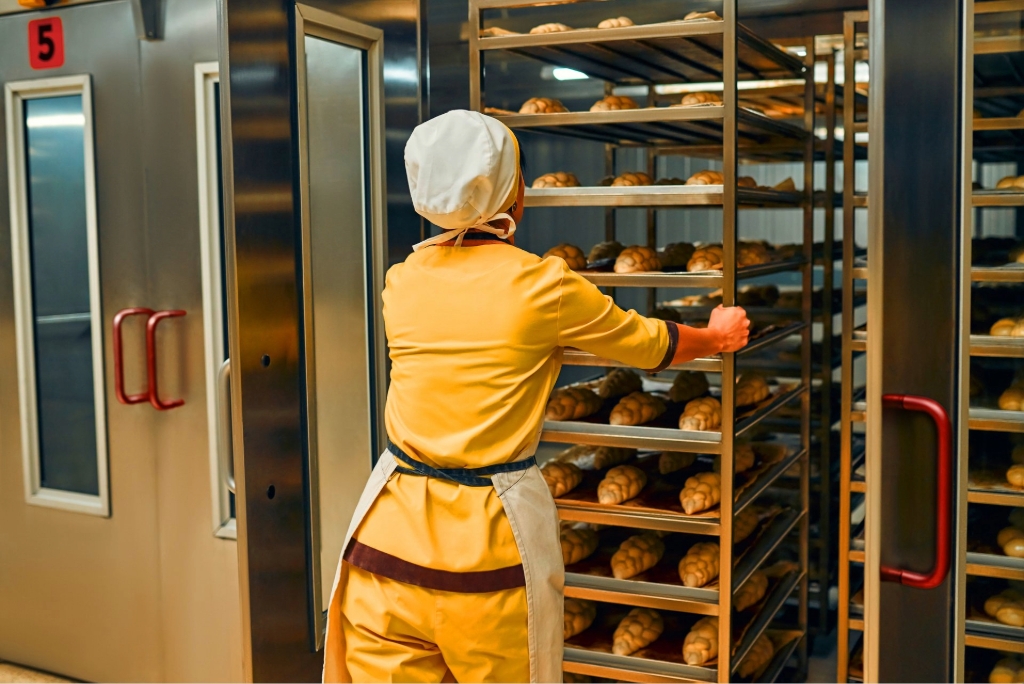Food manufacturing: Managing risk in a changing property sector


By Martin Lee, Underwriting Leader, UK and Multinational, Intact Insurance.
Food manufacturing has long been one of the UK’s key industries. It represents around a quarter of the manufacturing sector, supporting jobs and investment nationwide. From large-scale processors to family-run dairies, the industry is highly diverse. It is also under more pressure than ever.
Margins in food production are notoriously tight, and the influence of supermarkets only intensifies this. Suppliers face constant pressure for efficiency and cost control, leaving little scope to handle shocks. Add in energy expenses, skills shortages, and shifting consumer habits, and it becomes evident that resilience is essential for survival.
For brokers, these pressures lead to a greater need for careful risk management and robust insurance programmes. The wide range of activities across the sector—dairies, bakeries, cold storage, frying operations—means no two property risks are the same. An experienced insurer who understands these nuances is vital.
Despite numerous operational challenges, one issue stands out in the property sector when it comes to claims severity: fire. The combination of combustible panels, high-temperature processes, and often older facilities means that once fire takes hold, the consequences can be devastating. Entire sites can be lost within hours, and rebuilding customer trust is often more difficult than rebuilding the factory itself.
This is why investing in sprinklers, panel replacement and other safety measures is so important. These measures are not 'nice to haves'. They are proven defences that insurers recognise and reward. For clients, they are also vital in showing supermarkets and other buyers that supply continuity can be trusted.
Negotiating terms in today’s insurance market is challenging. Capacity is selective, and underwriters seek tangible evidence of risk reduction before proposing competitive solutions. Brokers who collaborate with clients to demonstrate strong controls—whether through improved fire protection, maintenance, or supply chain resilience—are best placed to deliver positive outcomes.
The reality is that supermarket-driven pricing pressures mean food manufacturers cannot afford prolonged disruptions. Insurance is only part of the answer. Risk prevention and operational resilience are equally important. Brokers play a central role in integrating these elements.
We have been supporting the food industry for many years. Our underwriting teams have seen the property sector from every angle—whether working with a small dairy in rural England or a large-scale processor handling high-hazard operations. That depth of experience allows us to take a practical approach to underwriting, offering solutions that reflect the realities of how these businesses operate.
We value the relationships we build with brokers. They give us the opportunity to develop cover that truly fits and to support risk improvement work that makes businesses safer and more resilient. Given its importance to the UK economy, the food industry is too significant for us to take a short-term view.
The challenges facing food manufacturers are persistent. Fires will remain a major threat, and economic pressures will continue to bite. However, with the right combination of insurance, practical risk management and strong partnerships between insurers, brokers, and clients, the sector can continue to prosper.
For brokers, the opportunity lies in helping clients combine resilience with risk transfer to protect one of the UK’s most vital industries.